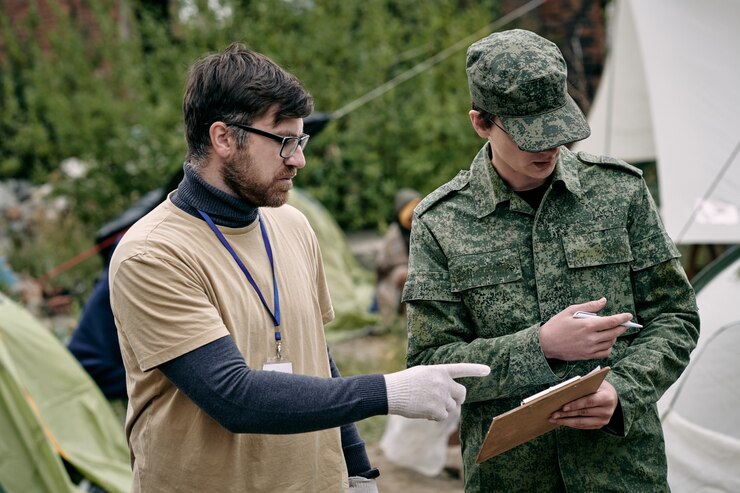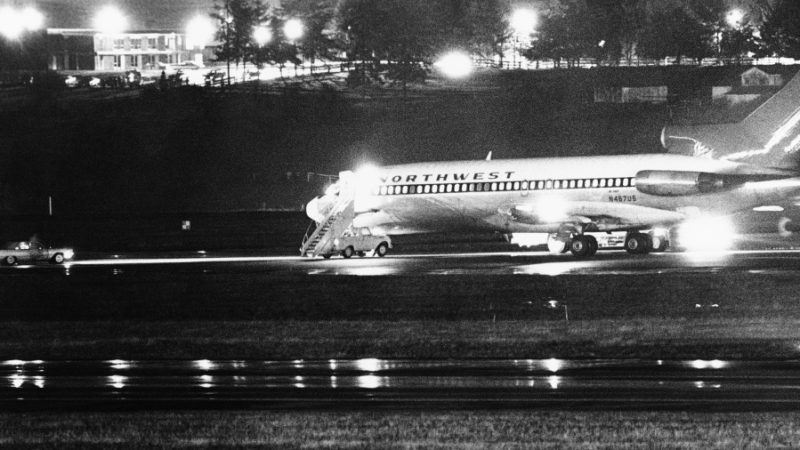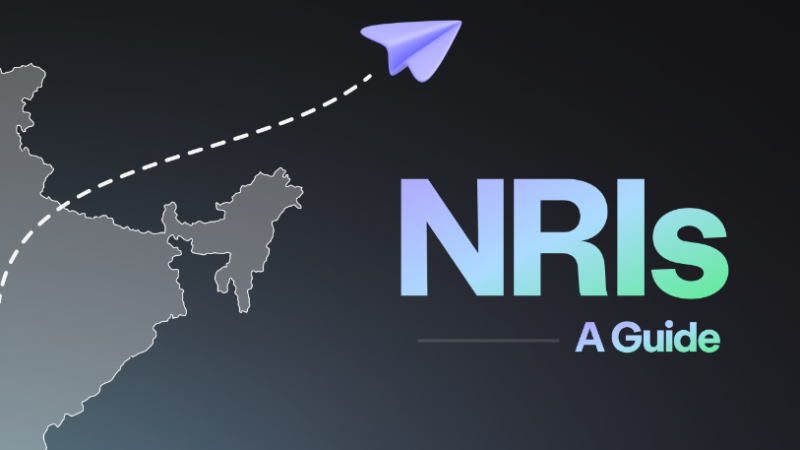What are the best military to civilian resume writing services

Thousands of people join the military every day, and many people talk about what they’re doing in the world, defending our country, and more.
But it can be easy to overlook that all these people need work once they return from their service. It took work to explain to those who did not serve what made their service valuable to a large labor force.
So people need assistance through military resume writing service in this position and relate their experiences to those without reference to what those experiences might mean.
We’ve put together a guide to help you figure it out exactly.
WHAT DO EMPLOYERS LIKE TO SEE IN APPLICANTS WITH MILITARY EXPERIENCE?
Anything and everything someone with military experience understands how a series of orders work and knows how to follow along with any marching orders given.
Even serving in the military without other experience can also be beneficial. No matter what level they get into, it’s tough and underestimates how many people face most people in the day-to-day industry.
So when someone shows up who knows how to get things done quickly and efficiently, employers are quick to take notice.
But of course, those skills employers can decide to hire someone for without seeing who they decide to hire someone for. People who have spent their years in the military don’t always know the best way to describe what they can do.
TIPS FOR ADDING MILITARY EXPERIENCE TO YOUR RESUME
When deciding how to write about your services on your resume, the first thing to remember is to write as much about your services as possible.
Never feel embarrassed when describing the details of your work – remember who will be reading it. You might get lucky and get sent to someone who fits what certain terms mean – but you’re more likely to encounter an employer whose closest approach to military service is through a call-to-duty matching game held on weekends.
So when you list your military experience on your resume, keep the following in mind:
Avoid acronyms and military jargon. This might seem like a no-brainer, but it can be hard to remember the terms you’re familiar with because you live as long as the humans you have, and you only know which ones you serve. Take care to rule out the latter as much as possible.
Leave irrelevant authentication. This is good if you were trained as an electrical engineer while in the service. Weapons training may not be relevant.
List it like any other work experience. Anyone who reads your resume should be able to understand your short history at a glance, even if the facts are a bit complicated. Stick to a few short bullet points and list dates.
Describe non-obvious items from your resume. Finally, ensure that any training or certification you have partially unexplained, at least a practice material description – and remember that you may have a different perspective, not self-explanatory.
FINAL THOUGHTS
That’s all there is to it! Remember: When discussing your experience, framing it as a story is the most important thing.
Whether or not you’ve really “know it” in the Daewoo sense of your military experience, one will expect you to be able to codify the experience as a fable related to some employment.
That means comforting sayings like, “Doing [this particular thing in the military] really taught me something about [responsibility or respect or that].”
Chances are you feel like you’ve gained something important and accessible from your experience – if so, congratulations!
But life is messy, and often what it means to you can be hard to parse out. So whatever you do, make sure you think upfront about what your service means because – fair or not – people will expect you to have an answer to that.






